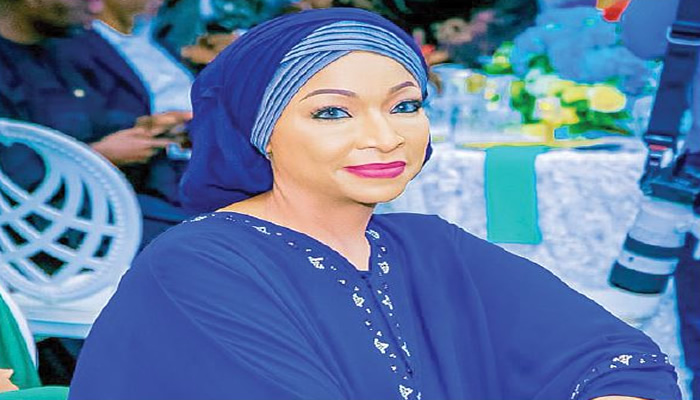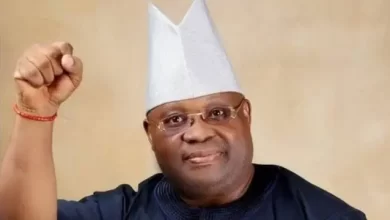FG Targets $100bn Revenue From Creative Economy

The Federal Government of Nigeria has unveiled a comprehensive strategy to generate at least $100 billion annually and create over two million jobs through the creative economy. This ambitious plan was presented by the Minister of Art, Culture, and the Creative Economy, Hannatu Musawa, at a roundtable for investors held in Ikoyi, Lagos. Musawa revealed that despite the sector’s potential, Nigeria’s creative industry currently contributes only $5 billion to the economy, with varying levels of development across its sub-sectors.
Citing data from the National Bureau of Statistics, Musawa noted that the creative sector’s contribution to Nigeria’s GDP is significantly lower than that of other African nations, at just 1.2 percent in 2022. In contrast, countries like Egypt (4.3%), South Africa (3%), and Morocco (2.7%) had higher contributions. Moreover, Nigeria’s ability to generate government revenue from the sector stood at just 1%, compared to South Africa’s 12.5%.
To bridge this gap and achieve the $100 billion revenue target, Musawa outlined an eight-point roadmap centered around 14 key initiatives, grouped under four strategic pillars: technology, infrastructure and funding, international culture promotion, and intellectual property (IP) monetisation.
Under the technology pillar, the government plans to provide Nigerian creatives with affordable digital tools, launch the Nigeria Content Distribution Initiative, and improve internet access in underserved areas. Infrastructure and funding initiatives will focus on cataloguing existing infrastructure, fostering public-private partnerships, offering incentives for investment, and launching a creative accelerator program.
For international culture promotion, the ministry aims to establish a culture promotion office, collaborate with Nigerian embassies abroad, and leverage the African Continental Free Trade Area (AfCFTA) to expand Nigerian creative exports. In the area of intellectual property, the government will work to establish globally standardised collection management organisations, enhance copyright tracking and enforcement in collaboration with the Nigerian Communications Commission, and operationalise Nigeria’s IP licensing framework.
Musawa expressed confidence that these initiatives could grow Nigeria’s creative economy by 400% by 2027, positioning the sector for long-term growth and global competitiveness. Several programs and partnerships are already in motion to drive the success of this vision, aiming to unlock the vast potential of Nigeria’s creative industry.



